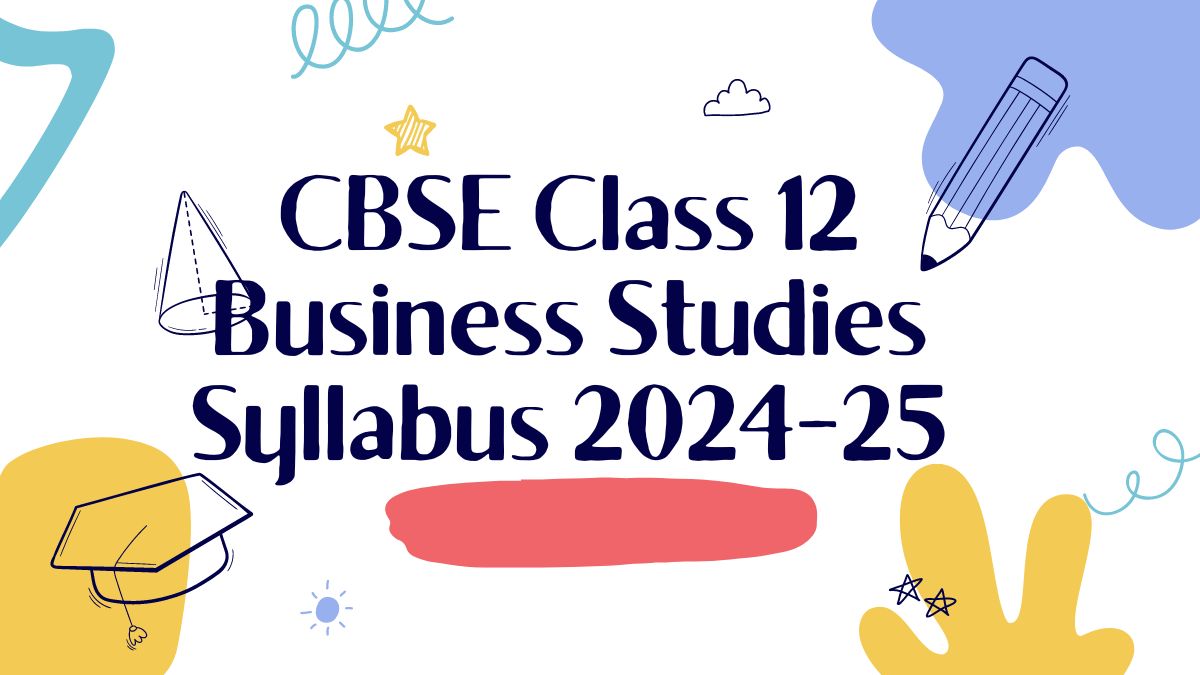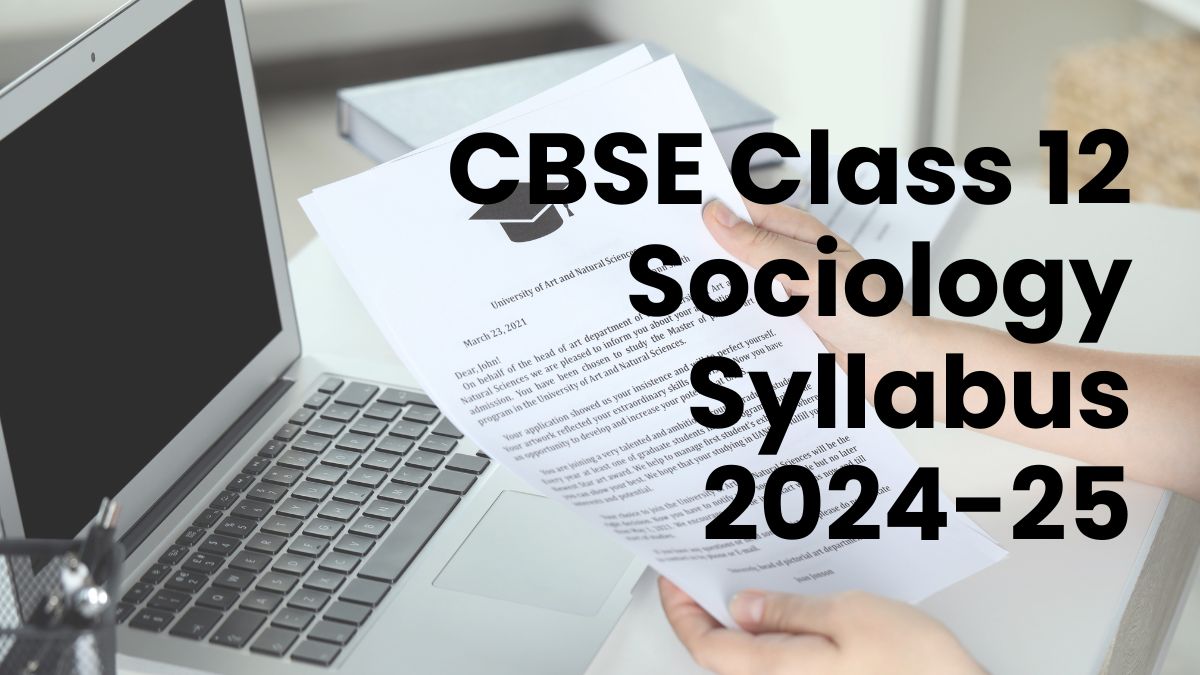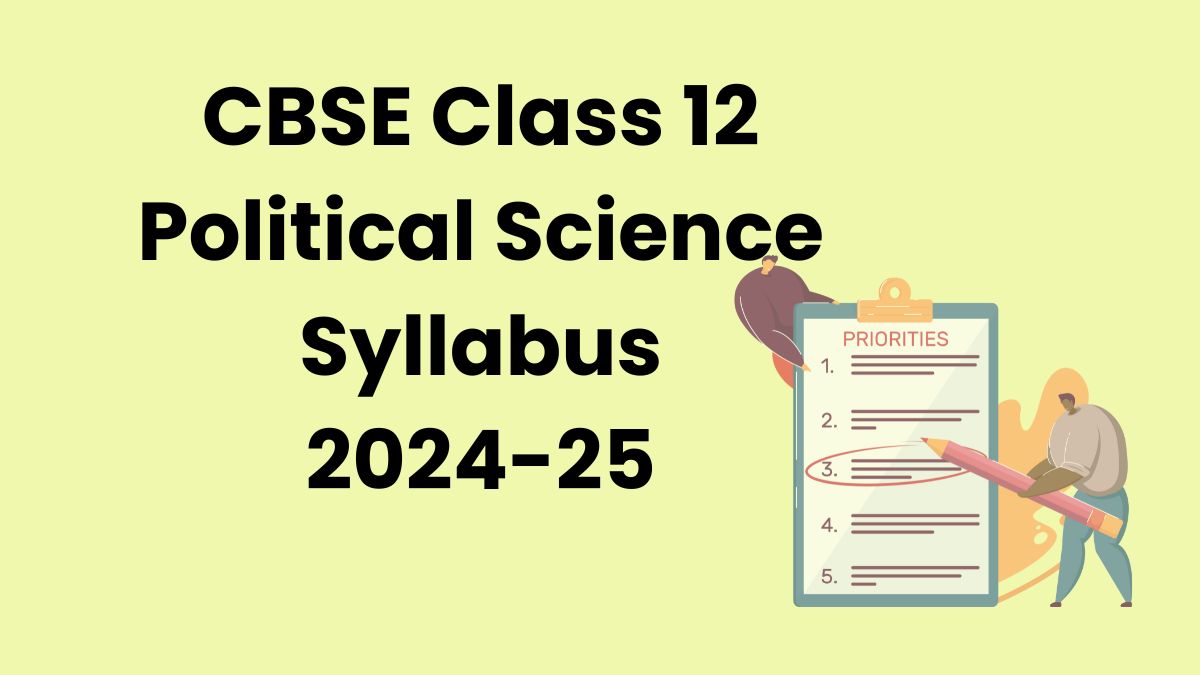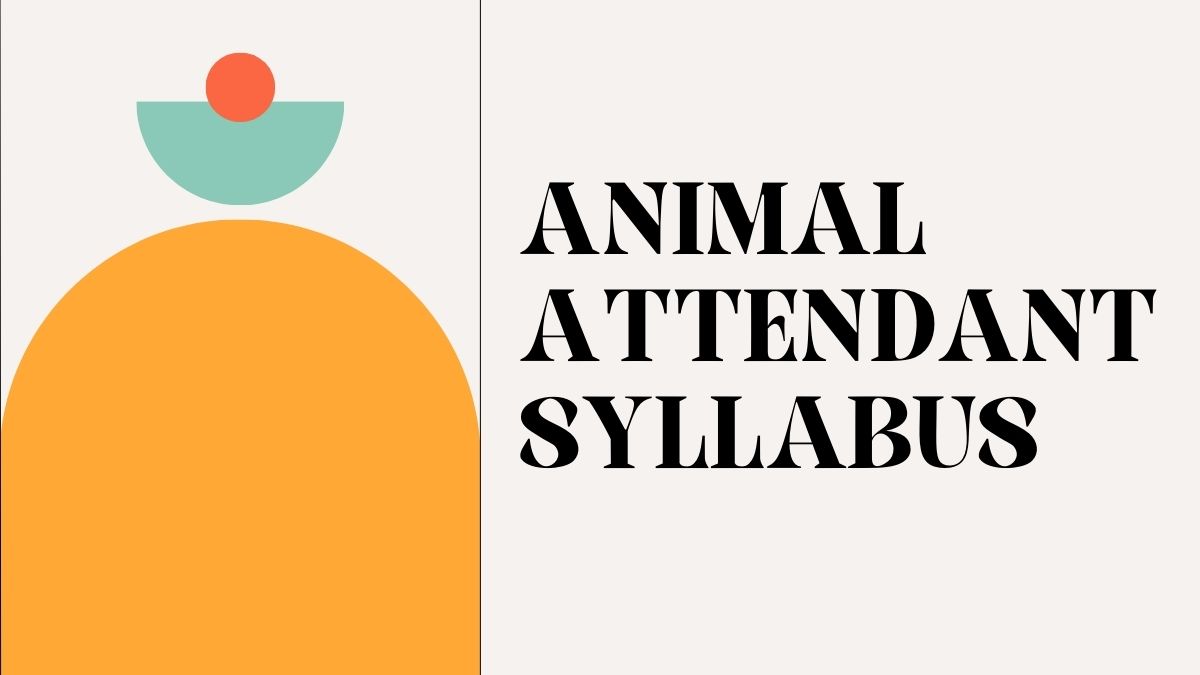A syllabus is a document that outlines the structure, content, policies, and expectations for a course or academic program. It serves as a guide for both instructors and students, providing important details about the course and its requirements. Typically, a syllabus includes:
Syllabus Contains
- Course Information: Title, course code, semester, instructor’s name, contact information, office hours, and sometimes class location and schedule.
- Course Description: A brief overview of what the course covers, including its objectives and learning outcomes.
- Required Materials: A list of textbooks, articles, or other resources students need.
- Course Schedule: A week-by-week or session-by-session breakdown of topics to be covered, including important dates for exams, assignments, or project deadlines.
- Grading Policy: Information on how students will be assessed, including the weight of assignments, exams, quizzes, participation, etc.
- Assignments and Assessments: A description of the types of assignments, their format, submission deadlines, and grading criteria.
- Course Policies: Rules about attendance, late submissions, academic honesty, participation, and any other guidelines the instructor sets for the course.
- Learning Objectives: Clear statements of what students are expected to learn or achieve by the end of the course.
In essence, a syllabus is a roadmap for a course, providing students with clear expectations and helping them manage their time and studies effectively.
Why Syllabus is Important?
A syllabus is an essential tool in education for several reasons, as it plays a critical role in both the teaching and learning processes. Here’s why a syllabus is important:
Sets Clear Expectations
- A syllabus outlines the course objectives, topics, readings, assignments, grading policies, and deadlines. This helps students understand what is expected of them and what they will gain from the course.
Guides Students
- It serves as a roadmap for students throughout the course, offering a clear structure for when and what they need to prepare. It also helps them plan and manage their time effectively for assignments, exams, and projects.
Supports Accountability
- Having all requirements and deadlines in writing ensures that both students and instructors are held accountable. Students know when assignments are due, and instructors are responsible for sticking to the grading policies and schedule outlined in the syllabus.
Enhances Communication
- A syllabus provides essential information about the course, such as office hours, contact information, and how to get help, fostering better communication between students and instructors.
Provides Legal and Academic Record
- It can serve as a formal document in cases of academic disputes or misunderstandings, protecting both students and instructors by ensuring transparency.
Supports Learning Outcomes
- By aligning course content with learning outcomes, a syllabus ensures that students understand the skills and knowledge they will develop by the end of the course. This alignment helps instructors assess whether students have achieved the intended learning goals.
Encourages Independent Learning
- The syllabus often includes recommended readings and supplementary materials, guiding students who wish to explore topics in greater depth or need additional resources to support their learning.
Facilitates Course Planning and Review
- For instructors, a syllabus is a planning tool that helps structure the course and stay on track. It also assists in reflecting on the course at the end of the term to identify areas for improvement.
A syllabus is a key document that benefits both students and instructors by promoting clarity, structure, and efficiency in the learning process.








